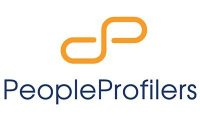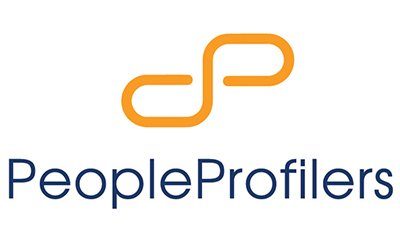What Not to Include in Your Resume
It sounds like an obvious question, but the answers to it are surprisingly varied—what shouldn’t you include in your resume? Ask 10 different people this and you’re likely to get 10 different answers. Here’s our take on what are some of the things you really shouldn’t put in your resume.
- Lie
It seems unlikely that people do this, but unfortunately it’s quite a common phenomenon. People do try to embellish the truth, particularly when there are important stakes on the line like getting that next dream job in one’s career. That being said, it is precisely because your career is on the line that you should be 100% honest in your resume. What with references, testimonials, and the ubiquitous social media, it has become easier than ever to check whether you are telling the truth. Don’t risk your whole career just for this one moment!
- Unnecessary Information
Some information just isn’t that important to feature on your resume where there is already limited space and you want what is there to shine. Where you went for your primary and secondary school education? Probably not that relevant after you’ve already finished your university degree. However, this should be taken on a case-by-case basis—if you did something truly significant in your years of early education that’s relevant to your job now, you can consider putting it into your resume.
- Poor writing and formatting
In your resume, you want to show that you are the best candidate for this position. However, it’s not likely to come across that way if you have frequent spelling and writing errors all over your resume. At the same time, resumes that are difficult to read due to illegible and small fonts, tiny margins, and cramped writing are also not likely to convey that stellar image that you want. It’s worthwhile to take a few moments to really check through what you’ve written and make sure that it’s being conveyed in the best way possible, with no language errors.
- Too Personal Information
While it’s important to be honest on your resume, it sometimes doesn’t pay to be too revealing about personal information such as your height, weight, age, religion, etc. Not only does it take up space on your resume away from what you truly want to show prospective employers—your skills and experiences—but employers might inadvertently make decisions based on these facts. Since you’d want an employer to hire you for what you can bring to the company, keep your resume objectively focused on skills and experiences.
It’s worth anyone’s while to bring a good, well-written, and concise resume for job applications that really showcase what a great fit they are for the job they’re applying for. When writing your resume, be sure to knock off all those redundancies so that you can really showcase your skills and talents to their best advantage.


